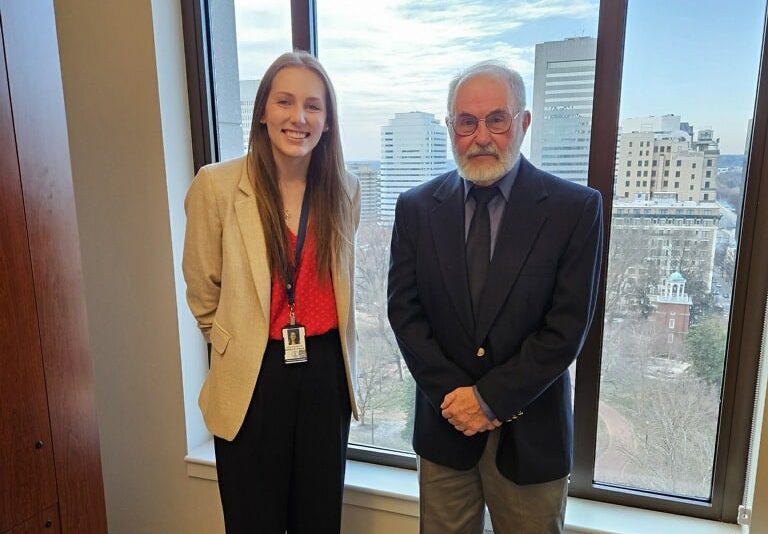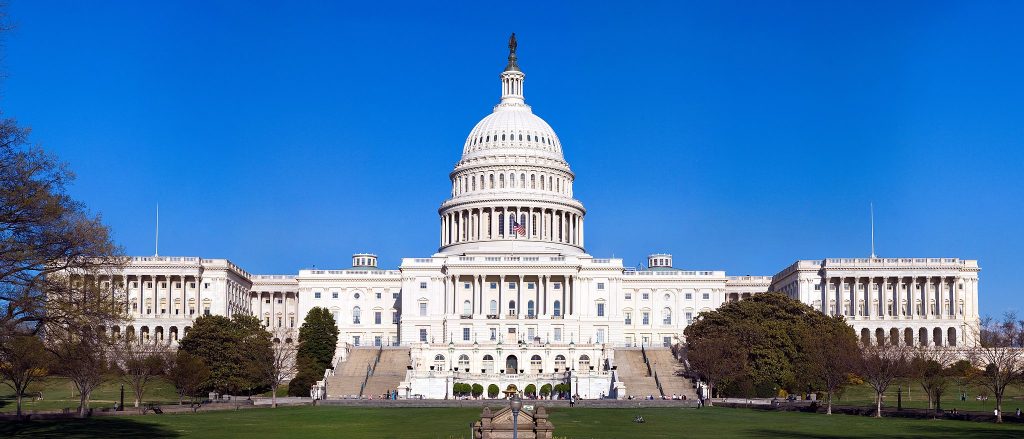What’s Good for Health Is Good for Business
John Cooper, owner of the Mast General Stores, and Tom Vallone, President of the Great Outdoor Provision Company, have a lot in common. They are both successful businessmen, each owning seven outdoor-oriented retail stores in the Carolinas, both are supporters of the Appalachian Voices Business League, and both were willing to step up and use their considerable influence last month when the EPA held hearings on a proposal to significantly weaken standards for mercury pollution.
Mercury is a highly toxic pollutant that causes brain damage in thousands of newborns in North Carolina and the rest of the Southeast every year.
While Cooper doesn’t see much distinction between what is good for people’s health and environment and what is good for his business, it is clear that his primary motivation for getting involved in this pollution issue is moral and not financial. “I want to help protect the environment for future generations,” says Cooper. “I have three grandchildren and things are not getting better for them, especially under the watch of the present administration in Washington.”
Vallone echoes those sentiments and believes that helping to protect the environment is an ethical obligation for him. “I consider contributing to the environment to be a self imposed tax on my business,” says Vallone, “sending people outdoors has an impact on the environment.” But both business owners also believe that outfitting people to play outdoors has many rewards for the environment as well. “It helps to build an army of people committed to saving the places they love,” says Vallone.
Cooper took an entire day to drive from his home in Valle Crucis down to Research Triangle Park, near Raleigh, North Carolina, on February 25th, to speak to the press and the EPA about the need to reduce mercury coming into North Carolina’s waterways, mostly from coal-fired power plants. But Cooper also said that he was there to learn more about the problem. What he learned, particularly from doctors and mothers who testified at the hearing, was terrifying. “What was most profound was listening to the stark diagnosis that some doctors had to give to patients who live in areas with a lot of mercury pollution. ‘You need to move’ is what those patients were told.”
There were two other hearings in addition to the one in North Carolina, and the massive turnout of concerned citizens clearly made an impression on the EPA. Within weeks, EPA Administrator, Mike Leavitt, signaled that they may overhaul the mercury proposal, which even Bush Administration insiders admit bypassed the regular channels and simply put forth language written by the polluting industries themselves.
According to a story in the Los Angeles Times, “The EPA staffers say they were told not to undertake the normal scientific and economic studies called for under a standing executive order. At the same time, the proposal to regulate mercury emissions from coal-burning power plants was written using key language provided by utility lobbyists… EPA veterans say they cannot recall another instance when the agency’s technical experts were cut out of developing a major regulatory proposal.”
While the fate of the proposed mercury rule remains to be seen, Appalachian Voices Staff Attorney, Scott Gollwitzer, believes that it is pressure from business leaders as well as ordinary citizens, that may prevent what he calls a “totally short-sighted, unethical and anything but compassionate” rule from going through. “John Cooper, Tom Vallone and the other citizens who took time out of their busy lives to testify will be the real heroes when this terrible proposal is stopped,” says Gollwitzer.
Related Articles
Latest News

Leave a comment
Your email address will not be published. Required fields are marked *





Leave a Comment